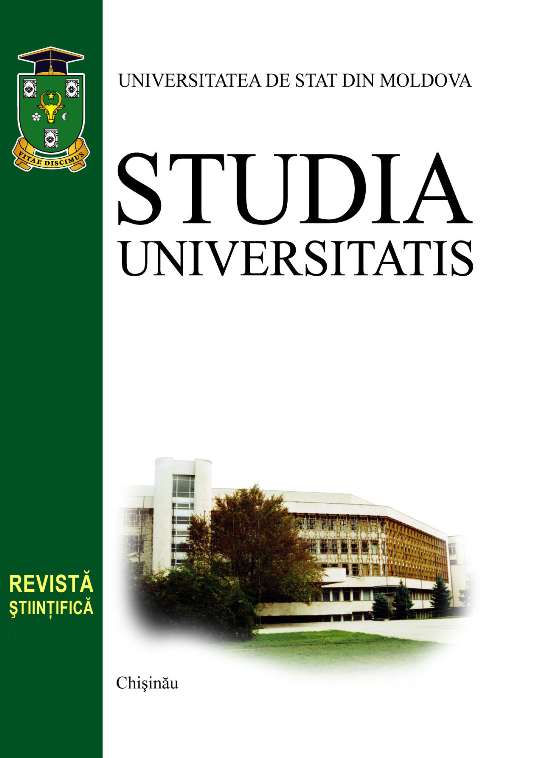FORMAREA PATTERN-URILOR CA FACTOR AL CREŞTERII MIGRAŢIEI ÎN RÂNDURILE TINERILOR
Maria BULGARU, Aliona CRISTEI Catedra Asistenţă Socială şi Sociologie
Rezumat
This article represents a complex sociological investigation and puts into discussion issues related to the phenomenon of migration of the working people as well as the negative consequences reflected in Moldavian society. Analyzing the problem of working people migration, that indicates unacceptable proportions for our society, we ascertain that namely society as a social system contributes to the formation of patterns that stimulates the young generation to form a fallacious conception about the migration of the working people especially the illegal one. Thus as a consequence, the real cause of the migration of the labour force among youths is rooted not so much in the lack of economic resources or basic needs for a living as the imitation of some behavioural patterns accepted within the framework of the society as an easy source of gain. If within a short period of time the economic consequences of the migration of the working force can be positive (the increase of welfare for a great majority of the population, the decrease of unemployment) then, in the near future they become negative (brain exodus, shortage of human capital, modifications in the demographic structure, the change of Moldavian society attitude towards migration aiming at working abroad, the traffic of human beings etc.). The theoretical base is supported by the scientific achievements in this area realized in our country and abroad. The results of sociological studies conducted by the author at the regional and republican levels laid the foundation for the empirical base.


